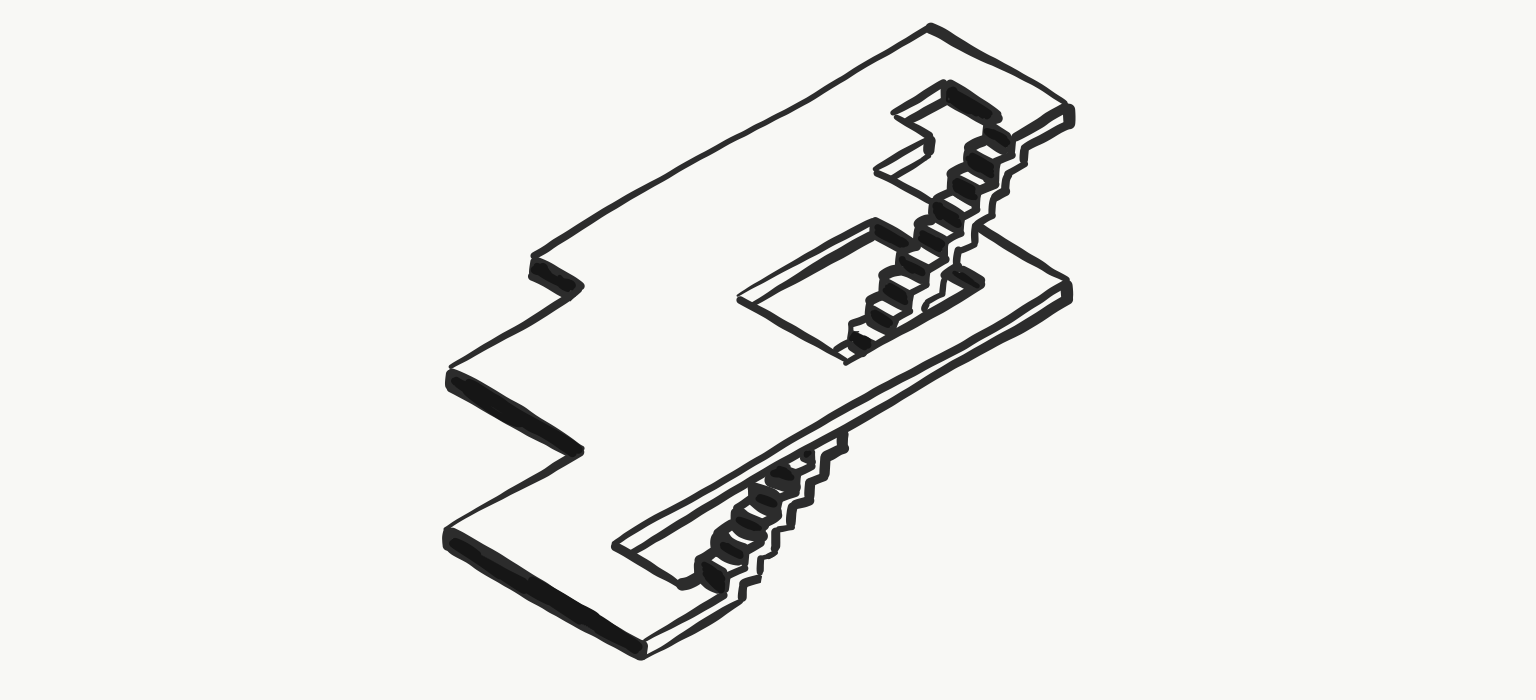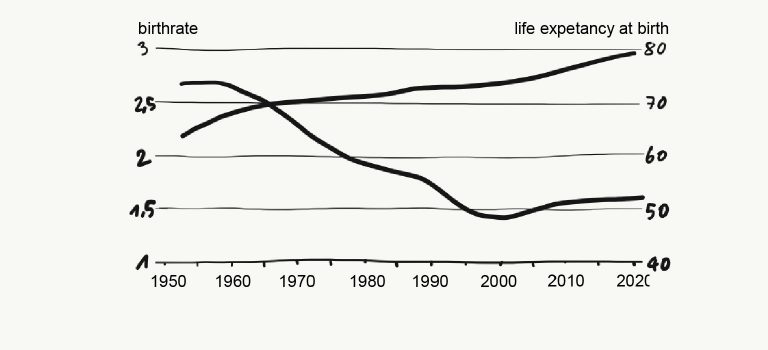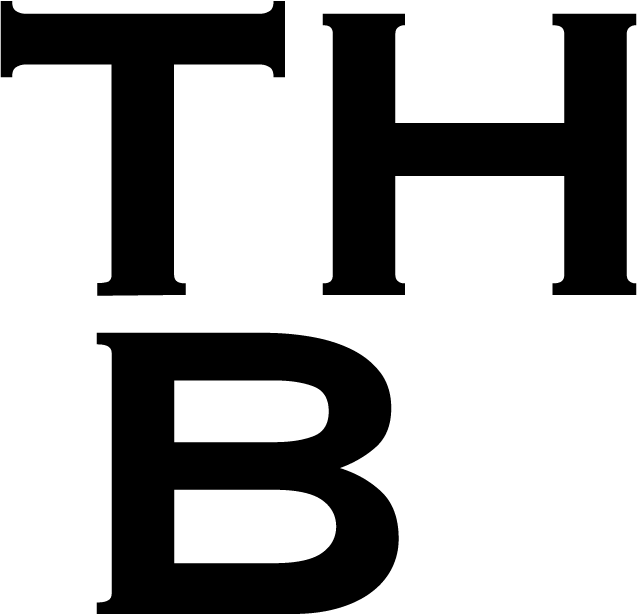
on a stairway to new
As people are getting older with every generation our classic system with skills for a linear career and a fixed job do not apply anymore. What does that mean for Higher Education, for schools and staff working in career service?
Today the average life expectancy in Europe is 81 years. On average, women get 83 years old, men 78. At the same time it becomes visible that the curve for man is flattening, meaning they “stop” getting older. The one for women is rising slowly, but steadily. As a general directive, human beings’ life expectancy gets around 3 years longer per decade. This means that a GenZ girl born after 2012, theoretically starting her BA degree around 2030, will statistically have an average life expectancy of around 86 (or 88 if living in Sweden or Norway). The general European education system still follows the chronological idea of school, uni, work, retirement or as Michelle R. Weise (2021) puts it: Learn, Earn, Rest.

With that in mind, our GenZ girl would therefore spend around eighteen years in School and Uni at the beginning of her life span to get all the knowledge and skills, before starting a dazzling career of 40 years. She would later retire a little after her 60th birthday and still be able to spend more than a quarter of her life on retirement funds. I confess, I use this exemple in a very caricatural, egoistical way and just to serve my purpose!
An old system
A more nuanced proposal would acknowledge that a possible extension of our life span would clearly force us to consider a lengthening of our work lives. Not just for budgetary reasons. With careers arching over 60 or even more years before retirement, the definition of work would also dramatically shift. Education, the preparation of human beings for careers that long, would surely need to be radically re-thought and adapted. With a certain degree of urgency, I’d like to add.
No academic institution is able to prepare youngsters for the disruptive world with just one cycle of education in the beginning of their lives. Nothing new.
We all know! This is why we come up with programmes linked to new work, with workshops for soft-skills, human+ competencies et cetera. Nevertheless we still base most of these “new” add-ons on an old , some may say obsolete, system of values. Most accreditation in Higher Education is still linked to hours of workload or contact time. Apparently these credits are used to facilitate transfer and progression throughout the European Union, as if the transfer and progression of the contemporary workforce in a globalized world would still be based on how much time a person spends at work.
We need to transit towards higher education systems that facilitate seamless, flexible, and cost-effective learning pathways for people to keep up with the emerging demands and accelerating changes of the future economy. (…) More direct collaborations or employer-validated learning experiences have the potential to create a separate and possibly even more powerful value network that supersedes the signaling effect of a degree (Weise, 2021).
Career as a Service
I always had reservations about “Career Services” as title. I clearly understand the value it can bring to an institution and believe that it is a crucial personal development tool for students. On the other hand, the service is too often used as a cheap communication tool to attract leads or enroll prospects with name dropping-promises, leaving students in real need often unsatisfied. The devil’s advocate is student centered and asks: Can sharing Internship-offers be seen as servicing a career? If so, what is the students’ perception of “career” nowadays?
We can be pretty sure that the idea of climbing up some kind of chicken ladder to get to the top and to call that a career is not accurate anymore. The notion of “I have arrived at the top, so I can retire now and enjoy my life” is not what members of the upcoming Generation are thinking or looking for.
Millennials, and even more so GenZers, have different ideas of what motivation or a career look like. There has been a clear change in values. Today’s students reflect on “having to retire later”. The radical ones actually question the entire idea of retirement for a future world of distributed knowledge work gigs. They are searching for a real fit: between what they are really capable of or good at and what they actually do at work (Pellert, 2021). A fulfilling and successful career is therefore hardly ever only a vertical line upwards. Human beings are far more complex, interesting and interested in learning.
That is my real reason to work in Higher Education. My biggest pleasure is to be able to do that for a lot more years to come…
References:
Eurostat, Life Expectancy at Birth, (2020); link
Weise, M. R., Long Life Learning, (2021) Wiley Business & Economics
Pellert, A., on the way to new work“, podcast #253, (2021)


Leave a Reply